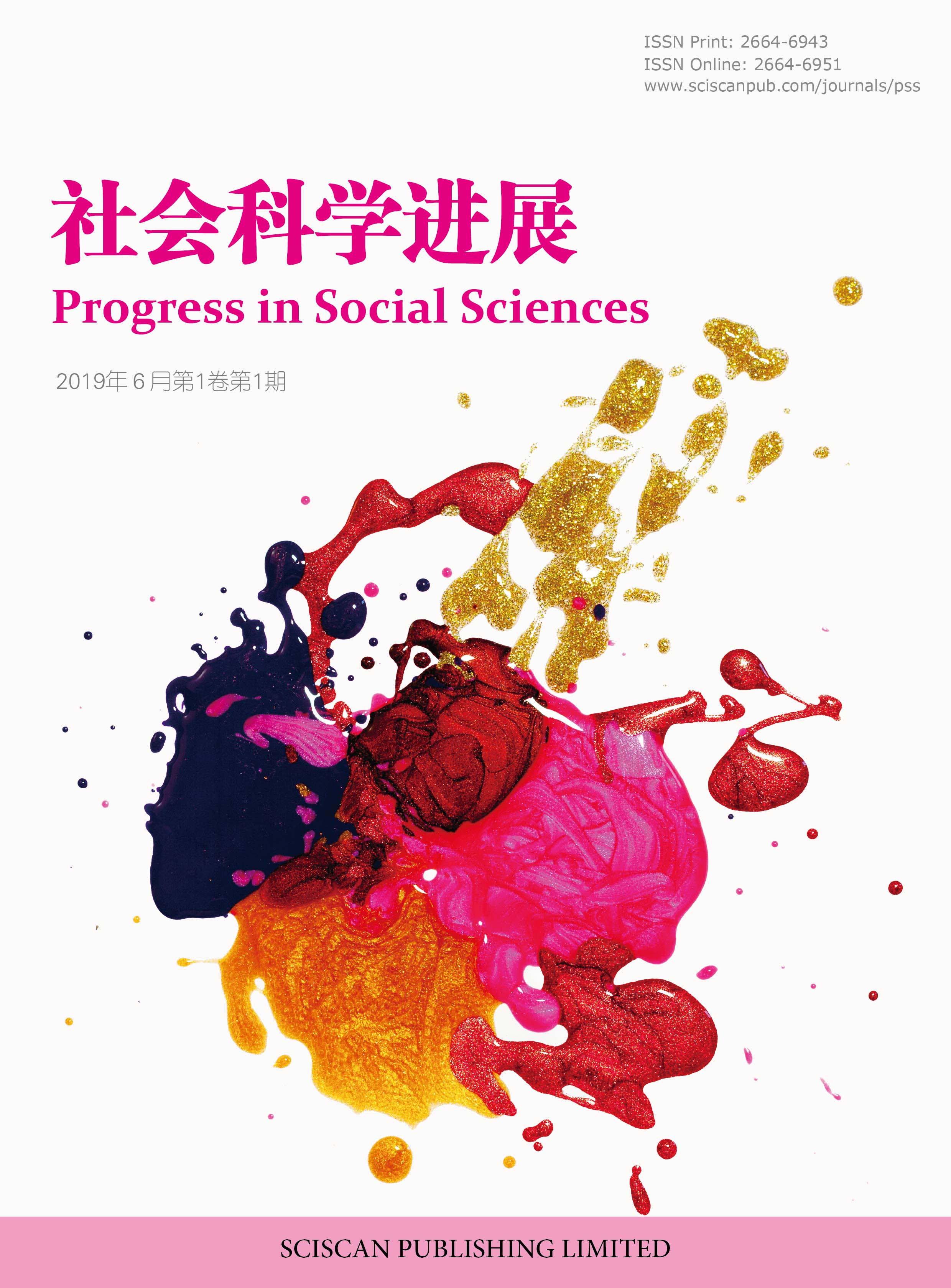Progress in Social Sciences
ISSN Print:2664-6943
ISSN Online:2664-6951
Contact Editorial Office
Subscribe to the latest published information from SCISCAN
论大数据时代公民隐私权保护的刑法应对 ——从“仙剑四代拍”事件切入
On the Criminal Law Response to the Protection of Citizens’ Privacy in the Era of Big Data —Starting from the Event of “Xian Jian Four Generations Shooting”
- Authors: 孙承程 苑嘉辉
-
Information:
上海政法学院刑事司法学院,上海
-
Keywords:
Privacy; Personal information; Criminal law protection; Big data隐私权; 个人信息; 刑法保护; 大数据
- Abstract: The “Xianjian four generation shooting” incident makes people notice that the behavior of “generation shooting” is bad, so it is worth using punishment for those who have serious circumstances. The essence of “acting as a photographer” is an infringement of citizens’ right to privacy, but there is no separate charge for the right to privacy in the current criminal law. In practice, indirect protection with other charges will often lead to the dilemma of difficult conviction. Therefore, it is still controversial what crime the “acting as a photographer” should constitute. In today’s big data era, the development of science and technology makes citizens’ right to privacy more vulnerable to infringement, and the change of lifestyle makes the right to privacy show more social and economic value. Therefore, the protection of privacy in criminal law should change the concept of legal interests from keeping pace with the times, and protect it side by side with personal legal interests and property legal interests by setting charges or chapters independently. “仙剑四代拍”事件使得人们注意到代拍行为性质恶劣,因此对于情节较为严重的代拍者,值得动用刑罚加以处罚。代拍行为的本质是对于公民隐私权的侵犯,但是现行刑法中尚未对隐私权单独设置罪名,在实践中以其他罪名进行间接保护也往往会导致陷入难以定罪的困境,因此代拍行为究竟应当构成何罪仍具有 争议。放眼如今的大数据时代,科技的发展使得公民隐私权更易受到侵害,生活方式的变革使得隐私权呈现出更多的社会价值和经济价值,因此,刑法对于隐私权的保护理应从与时俱进转变法益观念着手,通过独立设置罪名或者章节的方式将其和人身法益、财产法益并列保护。
- DOI: https://doi.org/10.35534/pss.0403024
-
Cite:
孙承程,苑嘉辉.论大数据时代公民隐私权保护的刑法应对——从“仙剑四代拍”事件切入[J].社会科学进展,2022,4(3):276-283.
















